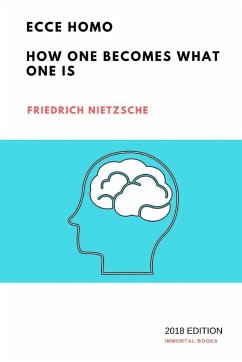Nicht lieferbar
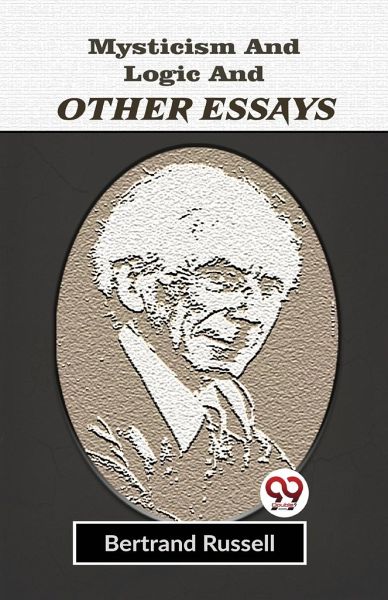
Mysticism And Logic And Other Essays
Versandkostenfrei!
Nicht lieferbar
Bertrand Russell released a collection of articles titled "Mysticism and Logic and Other Essays" in 1917. The pieces discuss a variety of subjects, including the essence of truth, the boundaries of knowledge, and the interaction between science and religion. In the first article, "Mysticism and Logic," the distinctions between mystical and scientific modes of thought are explored. Russell contends that science is supported by logic and factual data, while mysticism is based on faith and intuition. Russell argues in "The Role of Science in a Liberal Education" that science is crucial to a well-...
Bertrand Russell released a collection of articles titled "Mysticism and Logic and Other Essays" in 1917. The pieces discuss a variety of subjects, including the essence of truth, the boundaries of knowledge, and the interaction between science and religion. In the first article, "Mysticism and Logic," the distinctions between mystical and scientific modes of thought are explored. Russell contends that science is supported by logic and factual data, while mysticism is based on faith and intuition. Russell argues in "The Role of Science in a Liberal Education" that science is crucial to a well-rounded education because it fosters skepticism and critical thinking. The writings "The Study of Mathematics," "On Scientific Method in Philosophy," and "The Ultimate Constituents of Matter" are among the others in the book. These writings examine issues including the nature of reality, the philosophy of mathematics, and the connection between science and philosophy. "Mysticism and Logic and Other Essays" is a tough and thought-provoking collection of articles that explores some of the most important issues surrounding human life. Russell writes in a straightforward, succinct manner, and his points are well substantiated. The writings continue to be a helpful resource for anybody interested in philosophy, science, or the nature of knowing and are still read and debated extensively today.





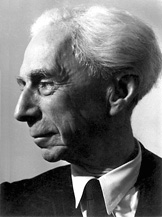
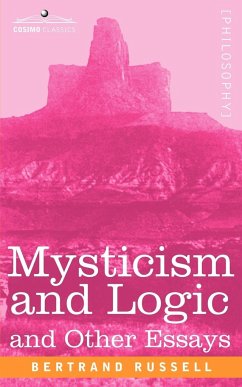
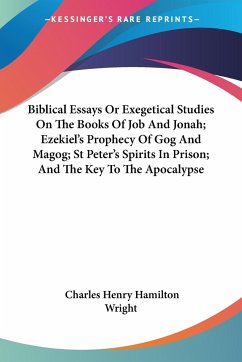

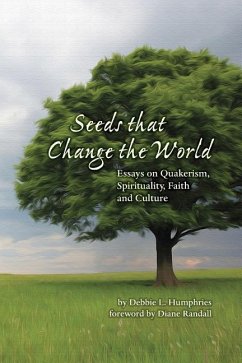
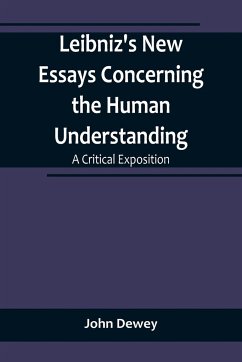

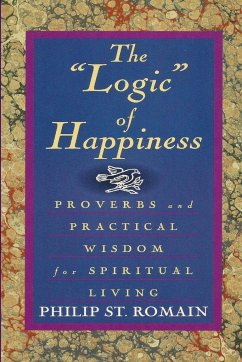
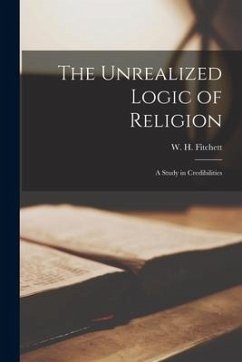
![The Logic of the Christian Faith [microform]: Being a Dissertation on Scepticism, Pantheism, the a Priori Argument, the a Posteriori Argument, the Int Cover The Logic of the Christian Faith [microform]: Being a Dissertation on Scepticism, Pantheism, the a Priori Argument, the a Posteriori Argument, the Int](https://bilder.buecher.de/produkte/66/66140/66140399n.jpg)
